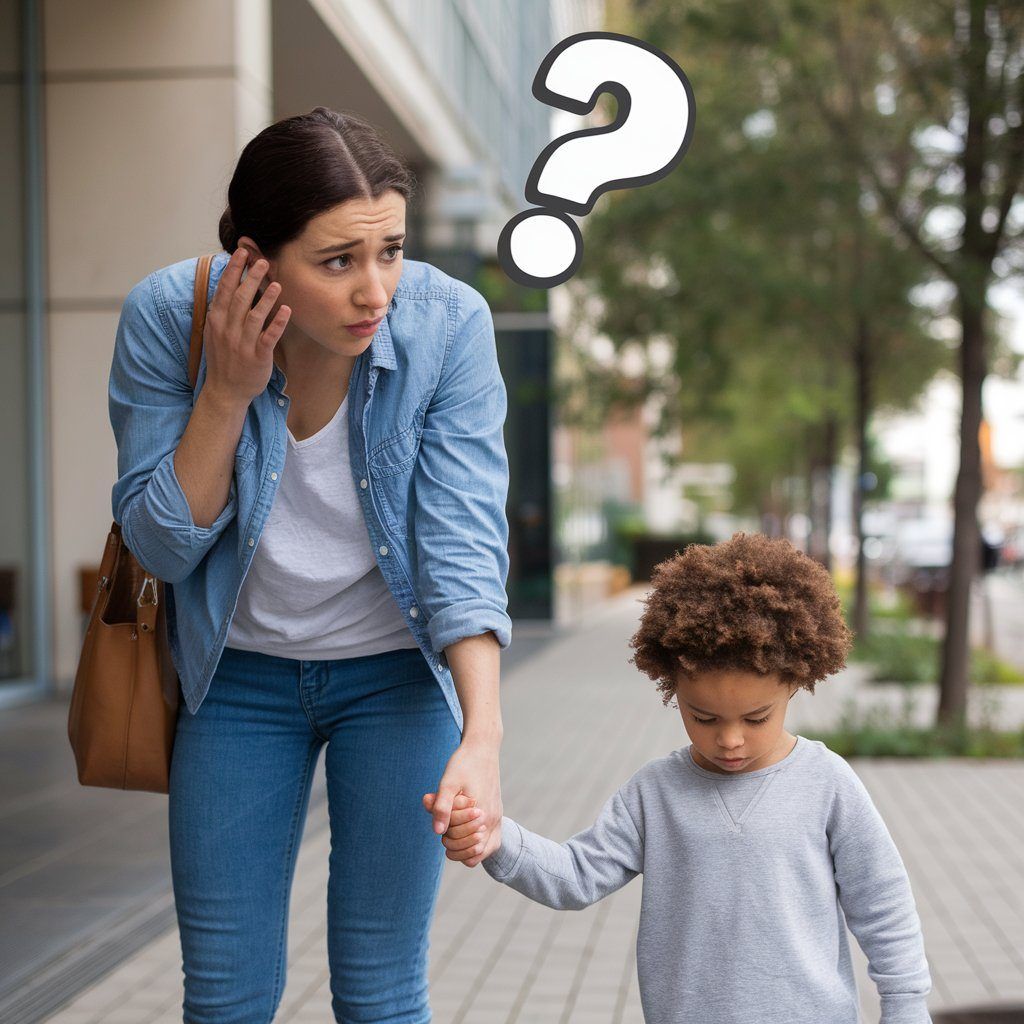Signs of Separation Anxiety: How to Recognize Its Impact on Your Child’s Daily Life
As a caregiver and seasoned parent, I can tell you that children grow through phases—often unpredictably. One of those phases can be the development of separation anxiety. Understanding and recognizing the signs of separation anxiety is crucial in supporting your child. From daily routines to interactions with peers, the impact of separation anxiety can ripple through every aspect of a child’s life. Fortunately, with awareness and positive intervention, we can guide our little ones through this challenging time with gentleness and love.
Understanding Separation Anxiety
Separation anxiety is a natural developmental phase most commonly observed in children aged 6 months to 3 years. However, it can manifest later, often peaking during school-age years. This anxiety stems from a child’s fear of being away from their primary caregivers in unfamiliar situations. Awareness of separation anxiety’s signs can greatly enhance your ability to help your child navigate their emotions.
Top Signs of Separation Anxiety:
-
- Excessive crying when a parent leaves.
-
- Difficulties going to sleep alone.
-
- Constant need for reassurance or closeness.
-
- Reluctance to participate in social activities.
-
- Physical symptoms like stomachaches or headaches.
Recognizing these signs empowers you to provide the support your child needs. Each child is unique; therefore, the intensity and combination of these signs can vary.
Effects on Daily Life
The impact of separation anxiety extends beyond your child’s emotional state; it infiltrates their daily life as well. Separation anxiety can lead to disruptions in school, social interactions, and even at home during momentous events. Understanding these effects encourages you to view the situation with optimism and compassion.
How Separation Anxiety Affects Daily Routine:
-
- School Difficulties: Children may refuse to attend school or frequently visit the nurse due to anxiety.
-
- Social Withdrawal: Anxiety can cause them to shy away from playdates, sports, or other group activities.
-
- Sleep Disruptions: Depending on their fears, they might struggle with nightmares or refuse to sleep alone.
Recognizing these effects can serve as a baseline for establishing supportive strategies. Knowing that this phase is temporary helps you maintain an optimistic outlook.
Practical Solutions for Managing Separation Anxiety
If you’ve identified signs of separation anxiety in your child, the next step is implementing supportive strategies. Here are effective, realistic solutions that I’ve found to be helpful:
Tips to Alleviate Separation Anxiety:
-
- Establish Routines: Consistency can help reduce anxiety; establish predictable routines around separations.
-
- Use Transitional Objects: A favorite toy or family photo can provide comfort during moments of separation.
-
- Practice Short Separations: Start with brief separations and gradually increase the length. This builds their trust that you will return.
By adopting these strategies, you can foster resilience in your child, making separations less daunting.
Encouraging Independence
Encouraging independence is a vital part of overcoming separation anxiety. Instilling a sense of autonomy can make separations feel less intimidating for some children. It’s essential to keep this process fun and engaging.
Ways to Encourage Independence:
-
- Friendly Farewells: Create cheerful and short goodbye rituals to comfort your child.
-
- Attend Classes or Activities: Let them engage in activities outside the home, facilitating new friendships and experiences.
-
- Positive Reinforcement: Praise your child for any steps taken towards being independent, even if small.
Each step toward independence will strengthen their confidence as they learn to navigate their world.
Frequently Asked Questions (FAQs)
1. Is separation anxiety a phase all children go through?
Yes, many children experience separation anxiety at some point, especially between 6 months and 3 years.
2. Should I be worried if my child has extreme separation anxiety?
If the anxiety persists and severely disrupts daily activities, it’s advisable to consult with a pediatrician or child psychologist for further support.
3. Can separation anxiety affect a child’s social behavior?
Yes, children with separation anxiety may isolate themselves or experience difficulties forming friendships, so addressing it early can aid in smoother social interactions.
4. What if my child refuses to go to school because of separation anxiety?
It’s essential to communicate with teachers and seek gradual exposure, ensuring both you and the school are supportive and understanding.
5. Can I help my child cope with separation anxiety myself?
Absolutely! Employing the strategies mentioned above can significantly ease the anxiety your child feels.
With love, support, and patience, you can help your child traverse the road of separation anxiety. Your understanding may seem like small actions to you, but to your child, they can make a world of difference.
Instantly Access Your FREE Children’s Books Here! (https://payhip.com/BlueCherryStore)
Disclaimer: As an Amazon Associate, I earn from qualifying purchases, I may earn a commission from qualifying purchases as an affiliate. Please note that I only recommend products I believe will provide value to my readers.









